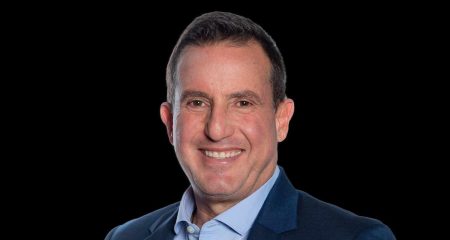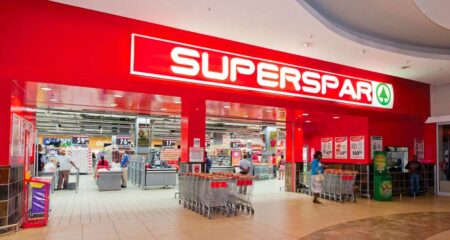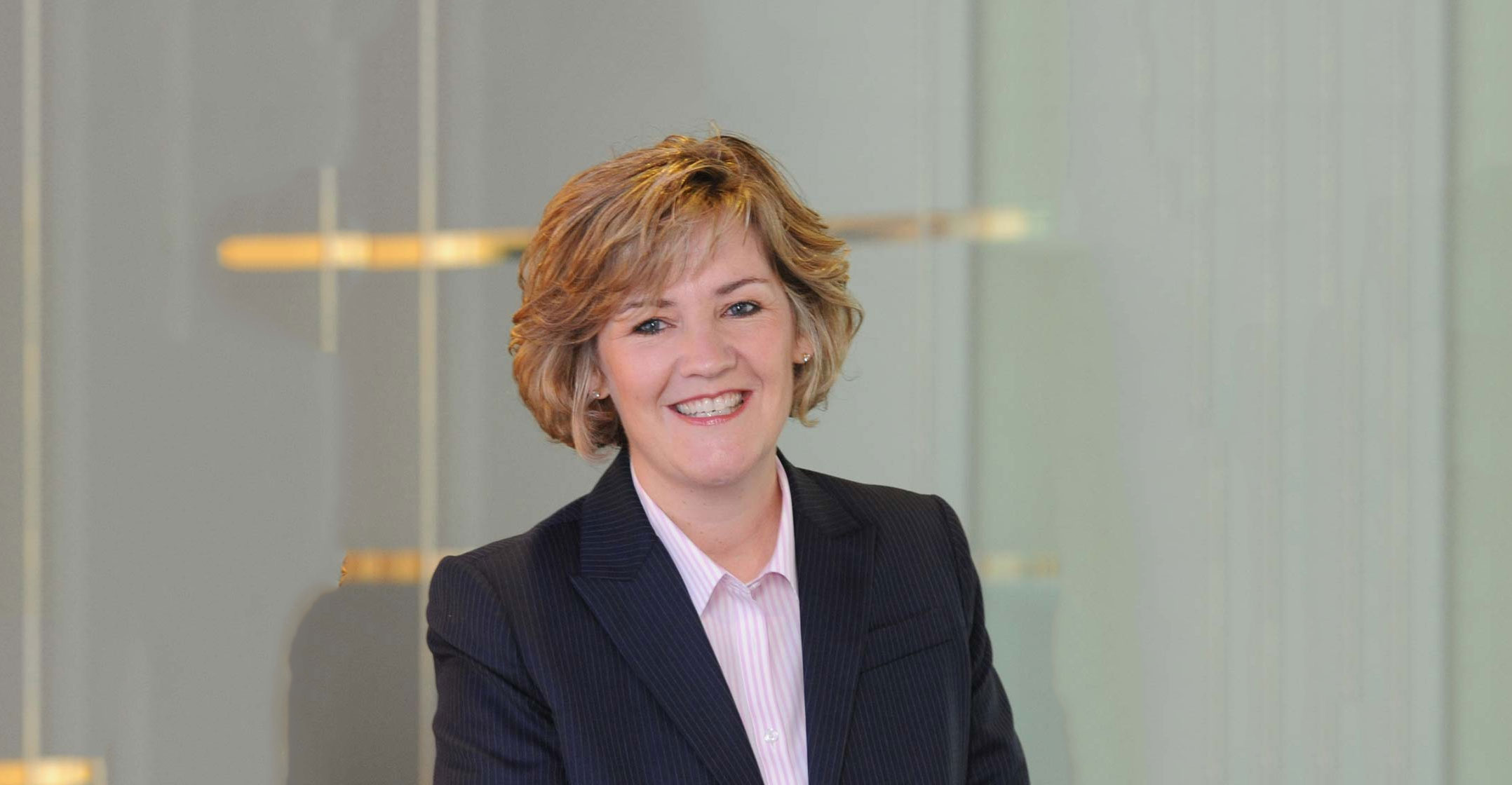
German enterprise software giant SAP admitted on Thursday that it had made payments to Gupta-linked companies and uncovered irregularities in the “management of third parties” and adherence to its compliance processes.
The Walldorf-headquartered company said it has now finalised an investigation into contracts with Eskom and Transnet and found no evidence of payments to any employees of those companies or to any government officials.
SAP began internal and external investigations after investigative journalism units amaBhungane and Scorpio reported last year that SAP paid a 10% “sales commission” to a company controlled by the Guptas to secure a contract worth at least R100m from state-owned Transnet. According to the report, the terms suggested a “thinly disguised kickback arrangement”.
The report, which drew on information contained in the so-called “Gupta Leaks” e-mail trove, said that in August 2015 SAP signed a “sales commission agreement” with the Gupta-controlled CAD House, which sells 3D printers.
“The terms suggest a thinly disguised kickback arrangement: if the Gupta company were the ‘effective cause’ of SAP landing a Transnet contract worth R100m or more, it would get 10%,” the report stated. In the year that followed, SAP paid CAD House R99.9m, it added, “suggesting SAP used the Gupta influence network to drive sales of a billion rand to Transnet and other state-owned companies”.
SAP said its investigations have found no evidence of any payment or attempted payment made to any South African government official or any employee of an SOE in connection with the Transnet and Eskom transactions.
In July 2017, the global software provider contracted Baker McKenzie to investigate its public-sector contracts in South Africa.
Listen to the audio transcript of the press conference SAP held on Thursday morning to update journalists on the outcome of the investigation:
“Since the investigation began, the law firm has conducted a data analytics search of over 29.6m documents, followed by a first-level review of 202 599 documents, and a second level review of 64 786 documents. It also conducted numerous interviews of SAP employees, former employees and external third parties,” it said.
Finalised
“Baker McKenzie has finalised its investigation of SAP’s business interactions with Gupta-related entities in connection with Transnet and Eskom. To date, the investigation has found no evidence of any payment to any government official or to any employee of an SOE, including any employee of Transnet or Eskom. However, the investigation has uncovered indications of misconduct in issues relating to the management of Gupta-related third parties.”
Beginning around mid-2014, representatives of the Guptas began to associate themselves with multiple small third parties that had experience in the IT industry. Some of these third parties had existing relationships with SAP. There is no evidence of SAP direct contact with any member of the Gupta family or family members of former President Jacob Zuma, Baker McKenzie found. The primary connection was with Gupta intermediary Santosh Choubey and the people who reported to him. Choubey became the principal contact for Global Software Solutions (GSS) and CAD House.
GSS became eligible to act as a sales commission agent in September 2014 when it became a value-added SAP reseller. CAD House was approved as a sales commission agent in August 2015. SAP terminated the ability of value-added resellers such as GSS to act as sales commission agents in 2016.
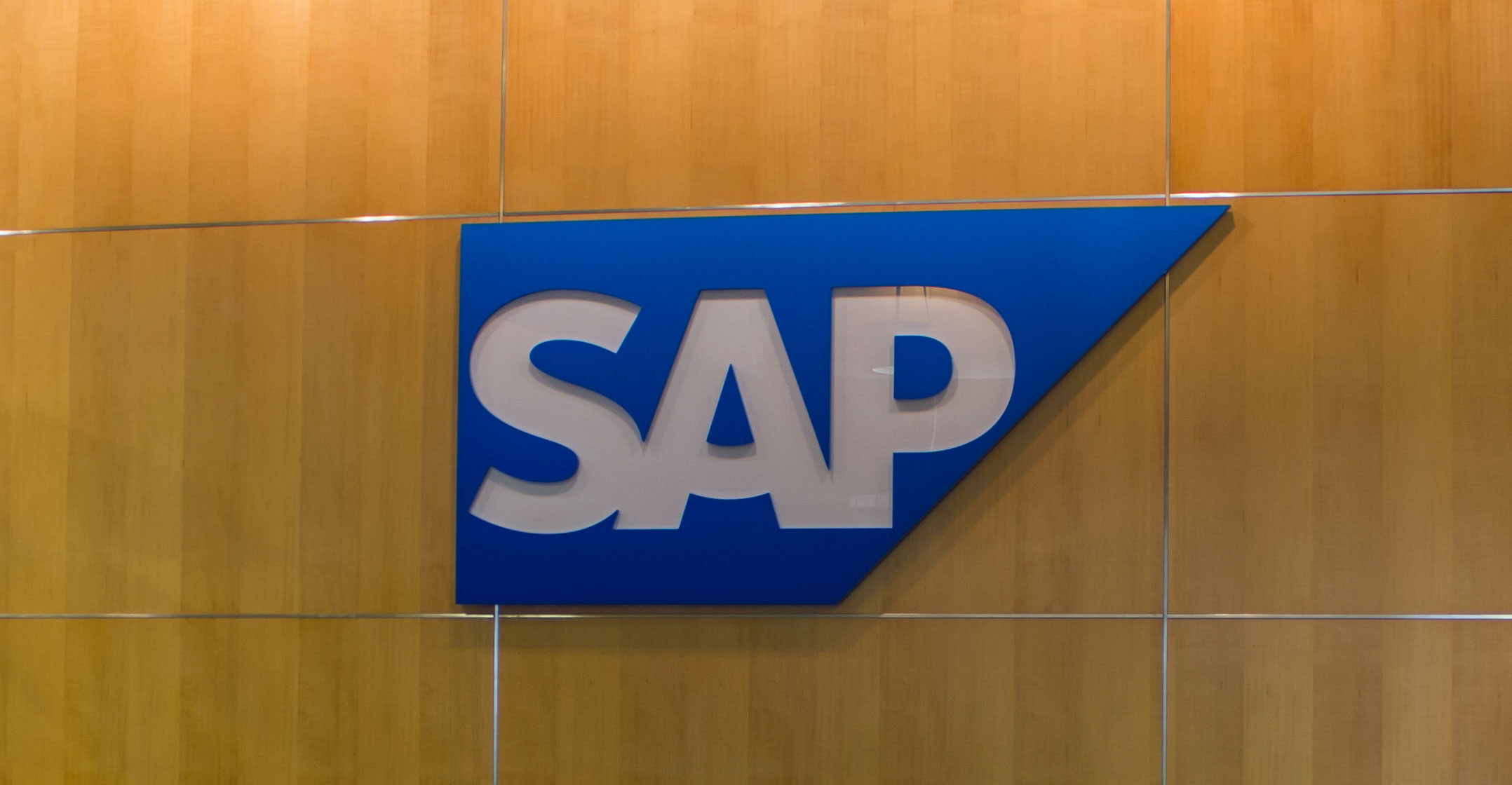
SAP South Africa concluded two contracts with Transnet and four with Eskom between December 2014 and June 2017, with GSS and CAD House acting as commissioned intermediaries. One contract involved a commission of 10%, while the other five contracts involved a commission rate of 14.9%, just below the 15% threshold that would have triggered an SAP executive board review of the deals. In connection with one Eskom contract, SAP retained a Gupta-related entity called Lejara Global Solutions to provide services to Eskom.
The investigation did not find any evidence that the integrity and value of the software and services provided by SAP to Eskom and Transnet in these contracts were undermined in any way by the inclusion of these intermediaries, SAP said.
In addition to the above contracts, the investigation found that SAP, with the assistance of Gupta-related entities, unsuccessfully sought other contracts with Transnet and Eskom.
The investigation found no evidence of any payment to any government official or to any employee of an SOE, including any employee of Transnet or Eskom. However, the investigation has uncovered indications of misconduct in issues relating to the management of Gupta-related third parties.
The findings of the investigation have led SAP’s executive board to institute significant changes to its global compliance processes, it said. These include:
- Eliminating, effective immediately, all sales commissions on all public-sector deals in countries with a Corruption Perceptions Index (according to Transparency International) below 50, which includes South Africa since it has a rating of 45;
- Initiating on a global basis extensive additional controls and due diligence into relationships with sales agents and value-added resellers, including additional audit functions;
- Allocating to the SAP South Africa market unit additional legal compliance staff who are based in South Africa; and
- Strengthening SAP’s compliance committee in the SAP Africa region.
SAP has also now provided a detailed breakdown of the contracts in question:
- In December 2014, it concluded a contract for the sale of software to Transnet, with GSS serving as a sales commission agent. SAP provided software and received revenue in the amount of about R65m and paid a commission to GSS of about R6.5m. Including VAT, SAP paid the third party R7.4m. This represents a 10% commission.
- In September 2015, SAP concluded a contract for the sale of software to Transnet. CAD House acted as a sales commission agent. SAP provided software and received revenue of about R100m, and paid a commission to CAD House of R14.9m. Including VAT, SAP paid the third party about R17m. This represents a 14.9% commission.
- In March 2016, SAP concluded a contract for the sale of software to Eskom with CAD House acting as a sales commission agent. SAP provided software and received revenue in the amount of about R61.5m and paid a commission to CAD House of R7.6m. Including VAT, SAP paid the third party R8.6m. This represents a 14.9% commission.
- In November 2016, SAP concluded a contract for the sale of software and services to Eskom with CAD House acting as a sales commission agent. SAP provided software and services and received revenue of R434m and paid a commission to CAD House of R64.6m. Including VAT, SAP paid the third party R73.7m. This represents a 14.9% commission. The R434m paid by Eskom to SAP included an allocation for consulting services to be provided in the future. In March 2017, SAP concluded a subcontract with Lejara Global Solutions, a Gupta-related entity, to assist it in providing these services to Eskom. In June 2017, SAP paid Lejara R19.1m, or R21.9m including VAT. The subcontract between SAP and Lejara called for SAP to pay Lejara R17.7m at the end of the consulting project, which was finished in late July 2017. However, SAP declined to make any additional payments to the subcontractor. The investigation confirmed that SAP provided the full deliverables to Eskom as promised.
- In December 2016, SAP concluded a contract for the sale of cloud services to Eskom with CAD House acting as a sales commission agent. The value of the contract was R21m. Eskom has not made any payment on this contract, and SAP has not paid any commission to CAD House.
- In June 2017, SAP concluded a contract for the sale of software to Eskom with CAD House acting as a sales commission agent. The value of the contract was R42.2m. Eskom has not made any payment on this contract, and SAP has not paid any commission to CAD House.
Hawks
On 8 November 2017, SAP notified the Hawks of its willingness to cooperate with any investigation they might undertake. The company is also cooperating with the investigations being conducted by the US department of justice and the US Securities and Exchange Commission. “These investigations came as a result of SAP’s voluntary disclosure on 13 July 2017. Baker McKenzie is in regular communication with these authorities on SAP’s behalf and has provided more than 100 000 pages of documents to the authorities. SAP has committed to full cooperation with the DOJ and SEC.”
On 30 November 2017, the Companies and Intellectual Property Commission laid charges with the South African Police Service for SAP’s alleged contravention of the Companies Act and the Prevention and Combating of Corrupt Activities Act. “SAP has advised the investigating officer that the company is willing to cooperate with any investigation they might undertake.”
SAP said it will not tolerate misconduct or wrongdoing.
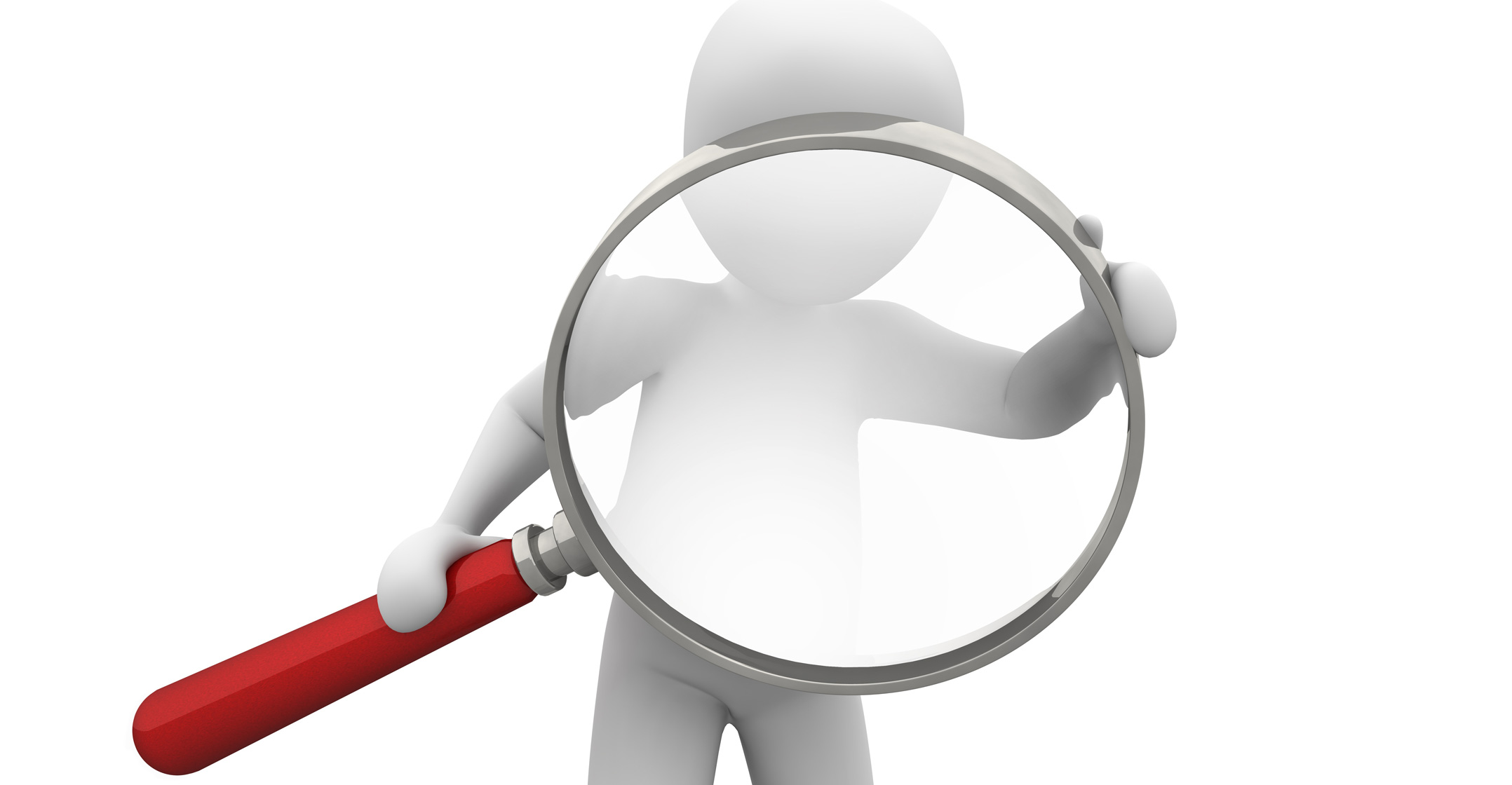
“Presided over by independent senior legal counsel, SAP instituted disciplinary proceedings against three senior executives, who were put on administrative leave in July 2017 and formally suspended in October 2017. These executives have since resigned from SAP. Under South African labour law, a disciplinary process cannot continue if an employee resigns. No severance was paid to any employee, and SAP reserves its rights in respect of these executives. As reported in October, the fourth employee placed on administrative leave has since returned to work.” The company did not name any of the executives.
It said it has also allocated additional legal compliance staff to SAP Africa. It has strengthened its independent compliance committee in the SAP Africa region, and augmented the mandatory annual compliance training that every SAP Africa employee must complete. This includes the certification of SAP’s code of business conduct, with anti-bribery rules.
“All South African partners are going through revised due diligence processes. In addition, SAP continues to investigate the public-sector business in South Africa going back to 2010. If SAP identifies any further matters of concern, it will address them with the same attention and robustness as the Transnet and Eskom investigations.”
In a statement, Adaire Fox-Martin, member of the executive board of SAP, said: “This journey has taught us profound lessons and provided us with reasons to reflect on our business, our processes and our responsibility towards our employees, customers, partners and the South African public. The investigation has confirmed that even strong compliance systems are vulnerable, and therefore require eternal vigilance. While we cannot turn back the clock, we can promise to do better. To this end, we would like to reiterate the apology we made last year to our stakeholders in South Africa. We remain committed to this country and the rest of the continent, and to growing our business and investment here.” — © 2018 NewsCentral Media



